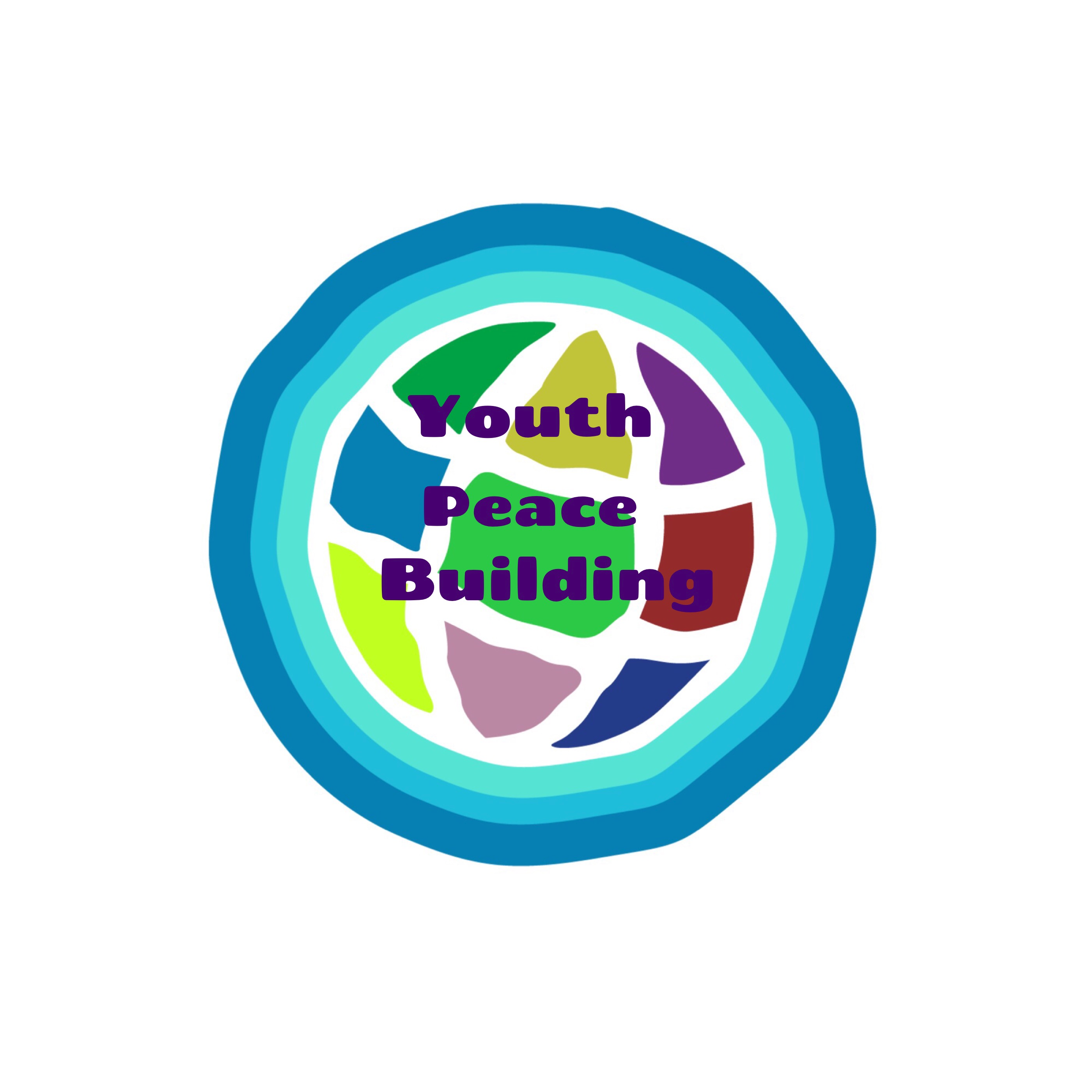Description and Rationale of Project :
As of today, 5 different neighbor countries of the EU suffer from the presence of a conflict. The European Union is facing a social crisis that manifests itself in growing social polarization and populism. This training project has been implemented to address increasingly antagonistic rhetoric that risk to generate profound structural damage to our societies in terms of cohesion and stability.
In light of this political and social polarisation that could contribute to exacerbating conflict, a 8-day
peacebuilding training has been implemented in Kiev in coordination with local organization Alliance. Participants included youth workers aged 18-55 from the 6 countries of our partner organizations – Ukraine, Poland, Denmark, Germany, Italy, and Georgia – totaling 24.
Subjects of workshops covered in the training: Conflict Analysis and Mapping, Conflict Management, Conflict Evolution, Mediation, Democratization, Project Management, and Advocacy. Each day of the training contained a similar, consistent structure.
The day began with an ‘energizer activity’ and a brief overview of the learning goals of the workshops of the day. There have been lectures on foundational theory with time for questions, discussion sessions, and brainstorming either before or after each workshop. This has been to help recall prior knowledge of the subjects or clarify new knowledge, giving participants the opportunity to share their own experiences and perspectives with the group. Once the foundational knowledge has been collectively attained, the day continued with group work and simulation games to practically apply new ideas. Time has also be allotted for feedback on the trainers’ methods, clarifying questions, and social activities to aid group cohesiveness.
The project team understands that the establishment of a nationwide peace discourse is a complicated and complex objective. Within the limited scope of this project, we have chosen to focus on one subset of society we feel might have impacted society at large, and possibly influenced future leadership. To address this necessity of the countries is to take upon the task of working with local NGOs and young people to pave the way for better future conditions. The participant group was made up of youth workers, the intention of whom acted as ?multipliers? within their own spheres of influence. The goal of the training was to equip the participants with peacebuilding concepts and practical, methodological tools in order to create positive change within their own communities.
The project has been designed to lay down the basis for a functional transnational partnership among the participants on the issues covered by the training. The training has been designed and facilitated by graduate student Federico Salvati under the supervision of academic advisors of Alice Salomon University in Berlin, Germany and Svetlana Zakrevska coordinator of the Ukrainian association “alliance”
-
Results:






